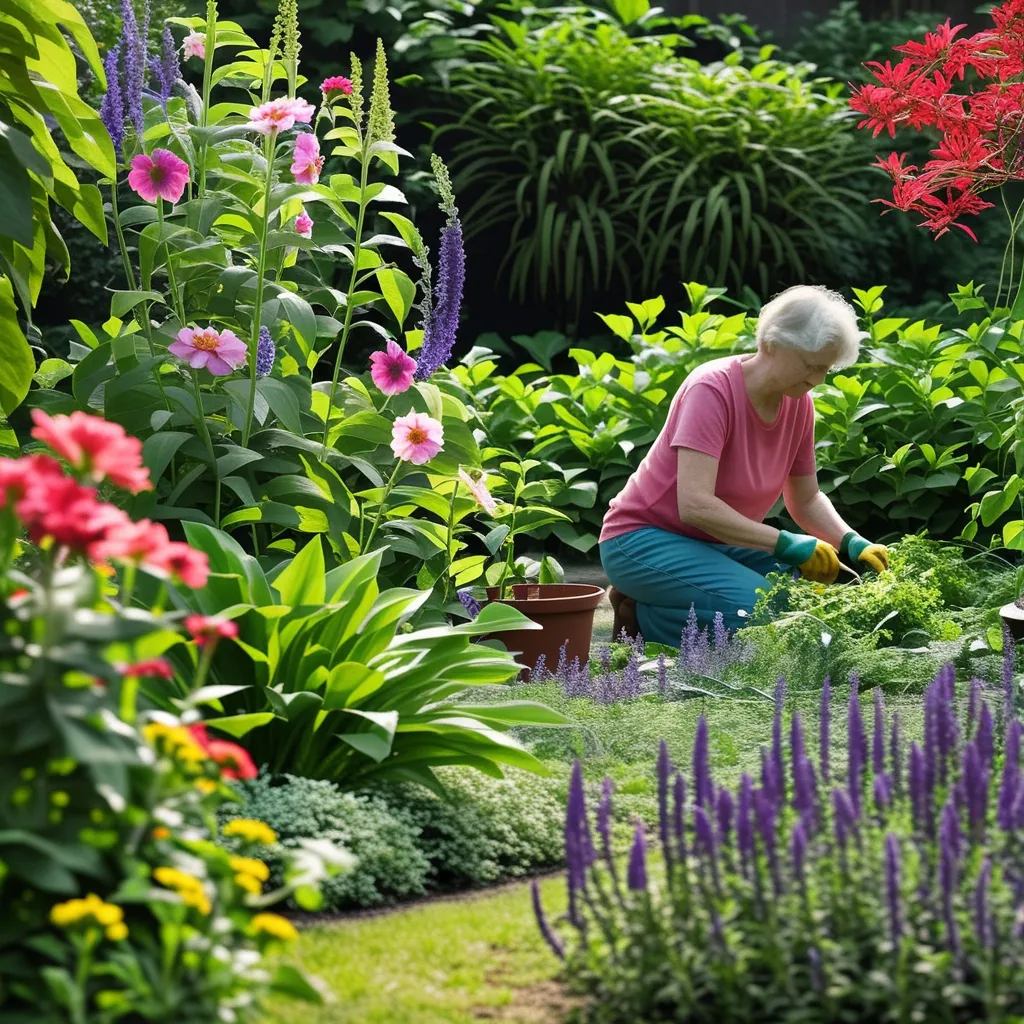Hobbies: The Secret Ingredient to Mental Well-being
We’re all caught up in the whirlwind of modern life, juggling work, relationships, and a million other responsibilities. But there’s a simple way to hit the pause button and give our minds a much-needed break - hobbies. Yep, those fun activities we often push to the back burner can actually be game-changers for our mental health.
Now, you might be thinking, “I barely have time to breathe, let alone take up a hobby!” But hear me out. Hobbies aren’t just nice-to-haves; they’re essential tools for reducing stress, boosting happiness, and living a more fulfilling life. And the best part? It doesn’t matter if you’re a fresh-faced college grad or a seasoned retiree - hobbies are for everyone.
Let’s dive into why hobbies are such powerhouses for mental well-being. A massive study spanning 16 countries and over 93,000 people found that hobby enthusiasts reported better health, more happiness, fewer depression symptoms, and higher life satisfaction. It didn’t matter where they lived or what culture they came from - hobbies were universally beneficial. That’s pretty impressive, right?
So, what kind of hobbies are we talking about? Well, the sky’s the limit, but let’s break it down into a few categories.
First up, we’ve got creative expression. Think painting, drawing, or crafting - anything that lets you unleash your inner artist. These activities aren’t just fun; they’re like therapy sessions without the hefty price tag. Studies have shown that adults who get their art on experience a noticeable drop in cortisol levels - that’s the pesky stress hormone that wreaks havoc on our bodies. Plus, there’s something incredibly satisfying about creating something with your own two hands. It’s like giving your self-esteem a little high-five every time you finish a project.
But what if you’re more of an active type? No worries, physical hobbies have got you covered. Dancing, skating, or even gardening can work wonders for your mental health. Gardening, in particular, is like a double whammy of goodness. Not only do you get the physical benefits of being active, but you also get to connect with nature. And let’s be real, who doesn’t feel better after spending some time outdoors? Even just 10 minutes of fresh air can boost your mood and help you focus better. It’s like a mini vacation for your brain.
If you’re into team sports, even better! Joining a local soccer league or volleyball team isn’t just about staying fit - it’s a great way to make friends and feel part of a community. And let’s face it, we could all use a little more connection in our lives. Research shows that adults who regularly participate in team sports are less likely to experience symptoms of depression, anxiety, or stress. So, you’re not just working on your jump shot; you’re building a support network that can help you through tough times.
Now, for all you brainiacs out there, don’t worry - we haven’t forgotten about you. Intellectual hobbies can be just as beneficial for mental health. Whether you’re diving into a good book, tackling a challenging puzzle, or learning a new skill, you’re giving your brain a workout. And just like physical exercise, mental exercise can boost your confidence and keep your mind sharp.
Take up something like wood crafting or quilting, for example. Not only are you learning new skills and keeping your brain engaged, but you’re also creating something meaningful that you can share with others. Imagine the pride you’ll feel when you give your first handmade quilt to a friend or family member. It’s not just a hobby; it’s a way to contribute something unique to the world.
But here’s the real kicker - hobbies that involve social interaction are like mental health superfoods. Joining a club, volunteering, or participating in group activities can help you meet like-minded people and build strong social connections. This is especially important as we get older and our social circles might start to shrink. Research shows that adults who engage in group hobbies are less likely to feel low or depressed and have better overall mental health. So, that knitting circle or book club isn’t just a fun way to spend an evening - it’s an investment in your long-term well-being.
Now, I know what you’re thinking. “This all sounds great, but where am I supposed to find the time?” Trust me, I get it. We’re all busy, and it can feel like there aren’t enough hours in the day. But here’s the thing - hobbies aren’t a luxury; they’re a necessity for maintaining good mental health.
The trick is to start thinking about your schedule in terms of weeks rather than days. Try dedicating a few hours each week to something you enjoy. It doesn’t have to be a huge chunk of time - even small, consistent periods can make a big difference. And if you’re still struggling to find time, take a hard look at how you’re spending your downtime. Are you scrolling mindlessly through social media or binge-watching another series? Replace some of that time with a hobby, and you might be surprised at how much more fulfilled you feel.
Even short breaks during the workday can be opportunities for hobby time. Take a quick walk around the block, listen to your favorite music, or do a quick sketch. These mini-breaks can refresh your mind and make you more productive when you return to work.
Let me share a couple of examples to bring this to life. I have a friend who’s absolutely mad about gardening. She works a high-stress job in finance, but every evening, she spends an hour in her garden. She says it’s her way of decompressing after a long day. Watching her plants grow and bloom gives her a sense of accomplishment that’s totally different from her work life. Plus, she gets to enjoy fresh veggies and beautiful flowers - talk about a win-win!
Another buddy of mine is really into painting. He’s not aiming to be the next Picasso or anything, but he loves the process of creating something on canvas. After a stressful day, he looks forward to spending a few hours in his makeshift studio (aka the spare room). He says it’s like meditation for him - a way to clear his mind and express himself without words.
These hobbies aren’t just quick fixes; they have long-lasting effects on mental well-being. Studies have shown that adults who regularly engage in hobbies are less likely to experience symptoms of depression and anxiety over time. It’s like building up a mental health savings account - you’re investing in your future well-being with every hobby session.
Hobbies also help build resilience. They give us coping mechanisms that can be invaluable during stressful periods. When life throws you a curveball, having a hobby to turn to can provide comfort and a sense of control. It’s something familiar and enjoyable in the midst of chaos.
So, here’s the bottom line: incorporating hobbies into your life is a simple yet powerful way to boost your mental well-being. Whether you’re into painting, playing sports, solving puzzles, or joining a book club, there’s a hobby out there for everyone. By making time for these activities, you’re not just having fun - you’re actively improving your mental health, reducing stress, and increasing your overall life satisfaction.
Next time you’re feeling overwhelmed or stressed, consider taking up a new hobby or revisiting an old one. It might seem small, but it could be the best decision you make for your health and happiness. After all, life’s too short not to do the things we love. So go ahead, pick up that paintbrush, dust off those running shoes, or join that cooking class you’ve been eyeing. Your mind will thank you for it.






